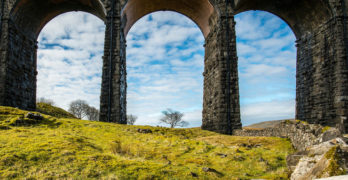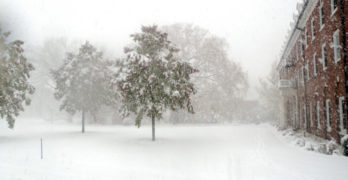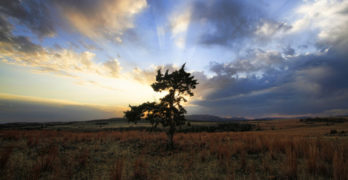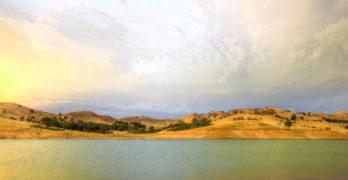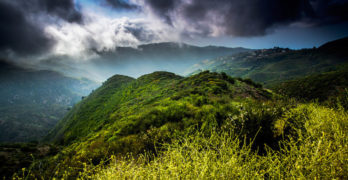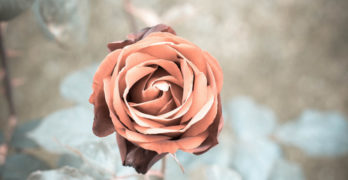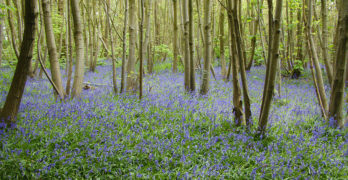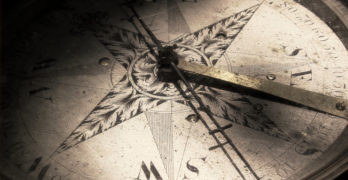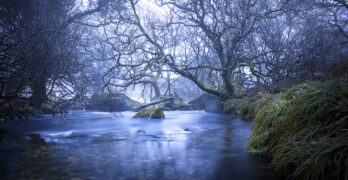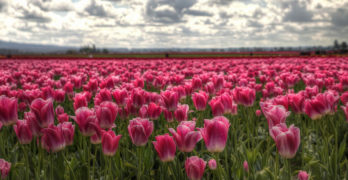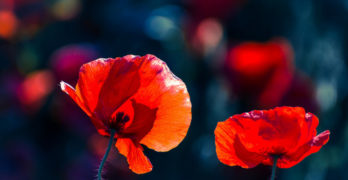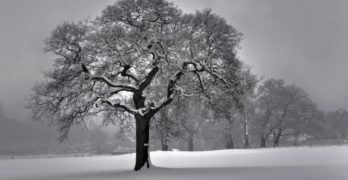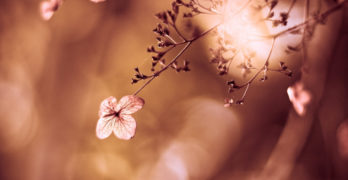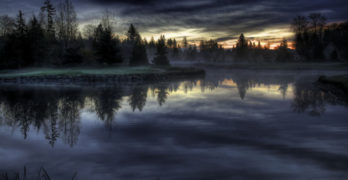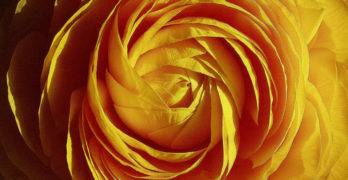The friendship of James M. Barrie, who wrote “Peter Pan,” and Arthur Conan Doyle, creator of Sherlock Holmes, survived parody, cricket, and literary fame.
Desperation, a Speech, and a Sick Child: Dickens and “A Christmas Carol”
“A Christmas Carol” by Charles Dickens transformed the Victorians’ understanding and celebration of Christmas; it has also transformed our own.
Poets and Poems: James Matthew Wilson and “The Hanging God”
The poems of “The Hanging God” by James Matthew Wilson present an irresistible urge, almost a compulsion, to reread them to find new layers of meaning.
Poets and Poems: Matt Duggan and “A Season in Another World”
“A Season in Another World” by British poet Matt Duggan takes us on a journey steeped in legend, myth, fable, and fairy tale.
Poets and Poems: Luke Kennard and “Planet-Shaped Horse”
In “Planet-Shaped Horse” by British poet Luke Kennard, be prepared for fun-punched discoveries about words, language, ideas, and conventions.
Poets and Poems: Mary Karr and “Tropic of Squalor”
“Tropic of Squalor” by poet and memorist Mary Karr demonstrates Karr’s well-earned reputation for excellence in imagery and metaphor.
Poetry, World War I, and Armistice Day
World War I is the war most closely associated with poetry; poetry characterized the war, and the war changed poetry unlike any war before or since.
Poetry, Fiction, or What? “The Long Take” by Robin Robertson
“The Long Take” by British poet Robin Robertson, shortlisted for the 2018 Man Booker Prize, is a poetry book, a novel, and a noir movie.
Paul Kingsnorth: The Poetry of the Future Landscape
The poetry of Paul Kingsnorth is continually looking at the landscape, the landscape of the future superimposed on the landscape of the past.
The Poetry of Silence: The Anne Frank House in Amsterdam
To enter the Anne Frank House in Amsterdam, with its rooms approximating where eight people hid for two years, is to enter the poetry of silence.
Traveling with Mark Twain and Eddy Harris on the Mississippi River
Writer Eddy Harris canoed the Mississippi River in 1985, and he discovered that the river has its personality, its mood, and its conversations.
Poets and Poems: David Whyte and “The Bell and the Blackbird”
“The Bell and the Blackbird,” the new poetry collection by David Whyte, is full of surprises but retains Whyte’s trademark simplicity and depth.
The Abounding Creativity of Middle-earth: An Appreciation of J.R.R. Tolkien
With his stories of Middle-earth, J.R.R. Tolkien gave us a legacy of abounding creativity and imagination, explaining how myths are made.
The Last of the Tolkien Tales: “The Fall of Gondolin”
“The Fall of Gondolin,” the last of the tales of J.R.R. Tolkien, includes all of the author’s trademark themes and devices, including orcs and balrogs.
World War I: Mary Borden – Nurse, Novelist, Poet
American Mary Borden married a missionary, financed a hospital in World War I France, had an affair, published novels — and wrote poetry.
The Origin of a Monster: Happy Birthday, Frankenstein!
The gothic novel “Frankenstein” by Mary Shelley is 200 years old this year, and its core concern about the unintended consequences of science still apply.
A Strangely Contemporary Verse Play: “Murder in the Cathedral” by T.S. Eliot
“Murder in the Cathedral” by T.S. Eliot, written and produced in 1935, was one of the last verse plays written for the stage. It is also oddly contemporary.
Marjorie Maddox and “Transplant, Transport, Transubstantiation”
The poems of “Transplant, Trnasport, Transubstantiation” by Marjorie Maddox take us to the world of change and loss, and what sustains us.
A New Exhibition: Tolkien and the Making of Middle-earth
A new exhibition on J.R.R. Tolkien has opened at the Bodleian Library in Oxford, and the catalog book is a treasure in and of itself.
“Love Songs”: Claiming Sara Teasdale for St. Louis
Sara Teasdale lived 34 of her 48 years in St. Louis; she was born and buried there, and St. Louis can claim her as one of its own poets.
